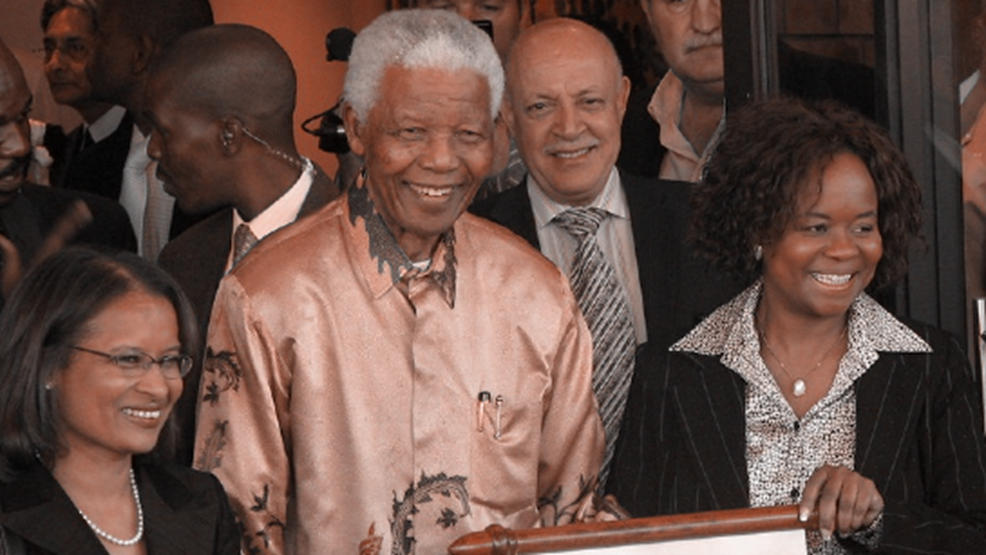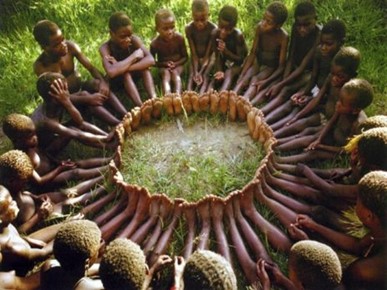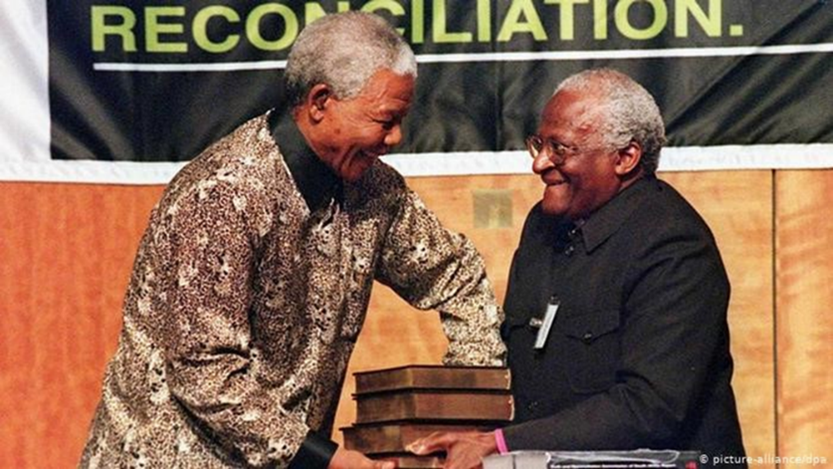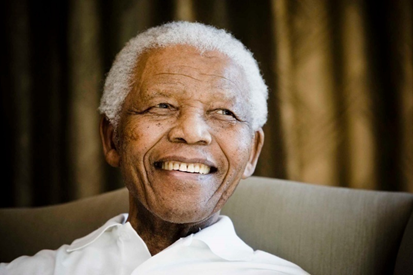
World Day for Nelson Mandela
‘I am because we are’: for Mandela, the path to reconciliation passes through the primacy of relationality
‘In Africa there is a concept known as Ubuntu: the deep sense of being human only through the humanity of others; if we accomplish anything in the world it will be through working and achieving with others’ (Nelson Mandela, November 2008).
This phrase spoken in 2008 is an Ubuntu expression and sums up Mandela’s vision of life: I am what I am by virtue of what we all are.

Photo: https:amigdalastudiodipsicoterapia.com
Ubuntu represents a concept from the African tradition. It is a word that comes from the Bantu language and indicates an ethic or way of life that is widespread in sub-Saharan Africa and opens up to restorative justice applied in the famous courts of reconciliation. In those circumstances, justice took the form of re-establishing relationships broken by a wrong, which wounded the dignity of the other, but also that of the ‘perpetrator’ of the harm, responsible for breaking the harmony of the life force.
The Ubuntu ethical concept emphasises the bonds and relationships between people in search of ‘cosmic harmony’ and influences the politics, law and religion of everyday life. It is an ethics of reciprocity, interdependence and fraternity, the basis of which is precisely the idea that a person is only realised through relationship with others.
From this point of view, in Ubuntu culture, the ritual of greeting takes on a fundamental meaning: the expression SAWU BONA (which is equivalent to our hello), means I SEEM YOU, and the response of the person receiving the greeting is SIKHONA, I AM HERE.
The exchange of greetings is fundamental because until the other person sees me, I do not exist.
Recognising an identity when the other sees us, respects us and recognises us as a person means entering into a relationship (I see you / I am here) and being willing to accept each other’s differences. And it values the encounter with the other as an opportunity for growth for the whole of humanity.

Photo: www.leggo.it
The Ubuntu philosophy is also the religious and political reference in the practice and theology of the South African Anglican Archbishop Desmond Tutu, who – like Mandela – belongs to the Xhosa people. Tutu distinguished himself in the struggle against apartheid, and for this he was awarded the Nobel Peace Prize in 1984.
This day vibrates us of the Good Shepherd and encourages and consoles us in our charismatic mission to promote Justice and Reconciliation.
RECONCILIATION IS A JOURNEY
‘I use these words ‘the journey of reconciliation’ because I believe that reconciliation is a process that is also a way of life, and that we evolve within this concept as we journey through our existence. Reconciliation is the journey… day after day… every day… Reconciliation is at the beginning, at the end and along our journey.’
(Source: from the document ‘Reconciliation. What does our spirituality say about it today?’, Angers, formation sessions August 2004-July 2006)
Every day we try to reconcile:
become friends again,
make compatible,
harmonise,
regain friendship.

Foto: www.google.com
THANK YOU MADIBA!
"united with Sisters and mission partners in South Africa"




